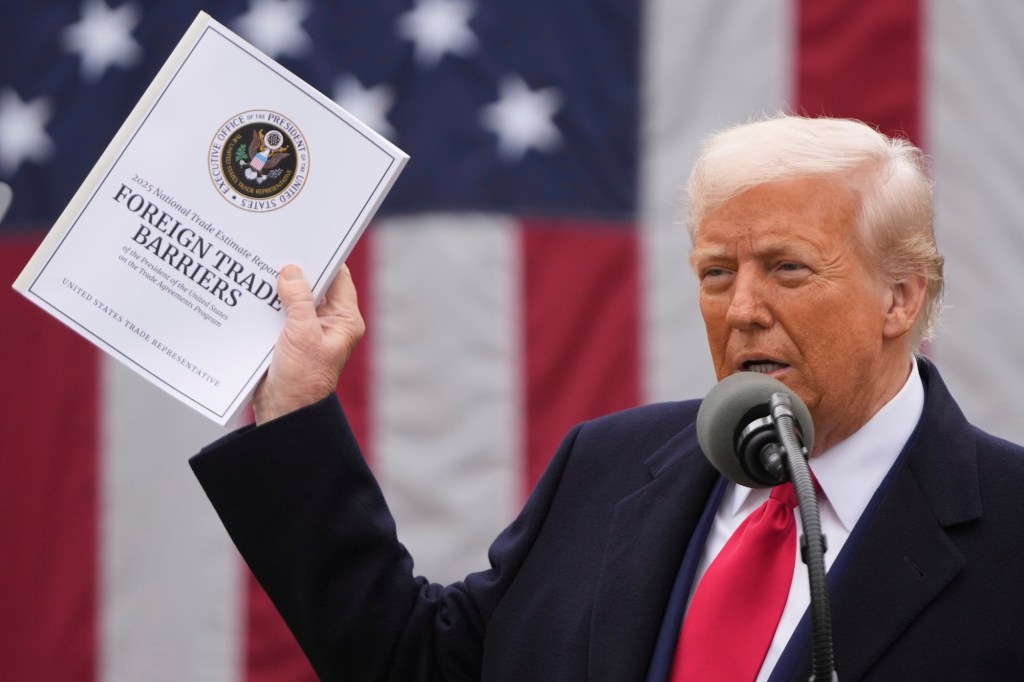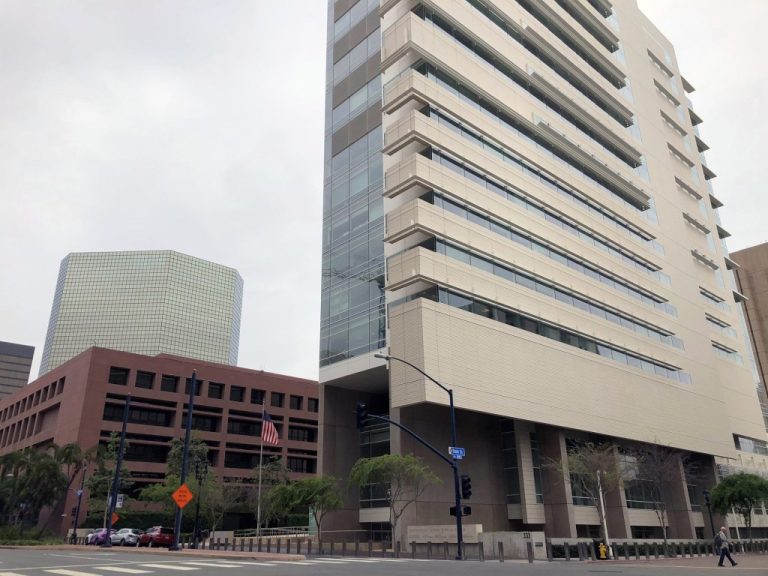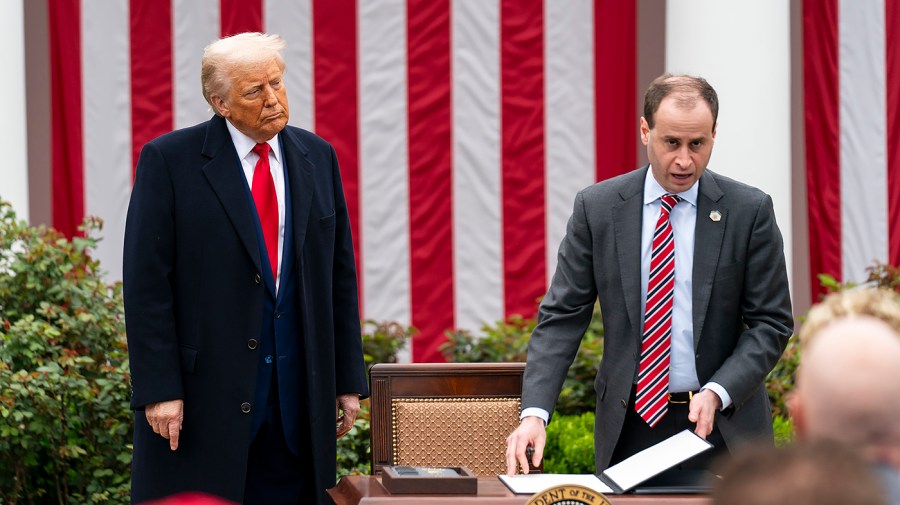

After weeks of White House hype and public anxiety, President Donald Trump is announcing a barrage of self-described “reciprocal” tariffs on friend and foe alike.
The new tariffs — coming on what Trump has named “Liberation Day” — are a bid to boost U.S. manufacturing and punish other countries for what he says are years of unfair trade practices. But by most economists’ assessments, the risky move threatens to plunge the economy into a downturn and mangle decades-old alliances.
Here’s the latest:
Trump: ‘This is one of the most important days’ in American history
“It’s our declaration of economic independence,” Trump said in announcing a barrage of self-described “reciprocal” tariffs. “For years, hardworking American citizens were forced to sit on the sidelines as other nations got rich and powerful, much of it at our expense. But now it’s our turn to prosper.”
U.S. financial markets have been unsettled in anticipation of Trump’s tariff announcement. Trump insists the moves will strengthen the U.S. economy, even as many experts worry it could lead to higher prices for most American consumers.
Trump’s Cabinet is making a show of force at his White House event announcing new tariffs
Among those in attendance include Secretary of State Marco Rubio, Health and Human Services Secretary Robert F. Kennedy, Defense Secretary Pete Hegseth, Education Secretary Linda McMahon, Veterans Affairs Secretary Doug Collins, Transportation Secretary Sean Duffy, Housing and Urban Development Secretary Scott Turner, Commerce Secretary Howard Lutnick, Environmental Protection Agency administrator Lee Zeldin and Tulsi Gabbard, the director of national intelligence.
There’s a fair amount of pageantry at the Rose Garden event, with the president walking out to a backdrop of numerous American flags.
Originally Published:





